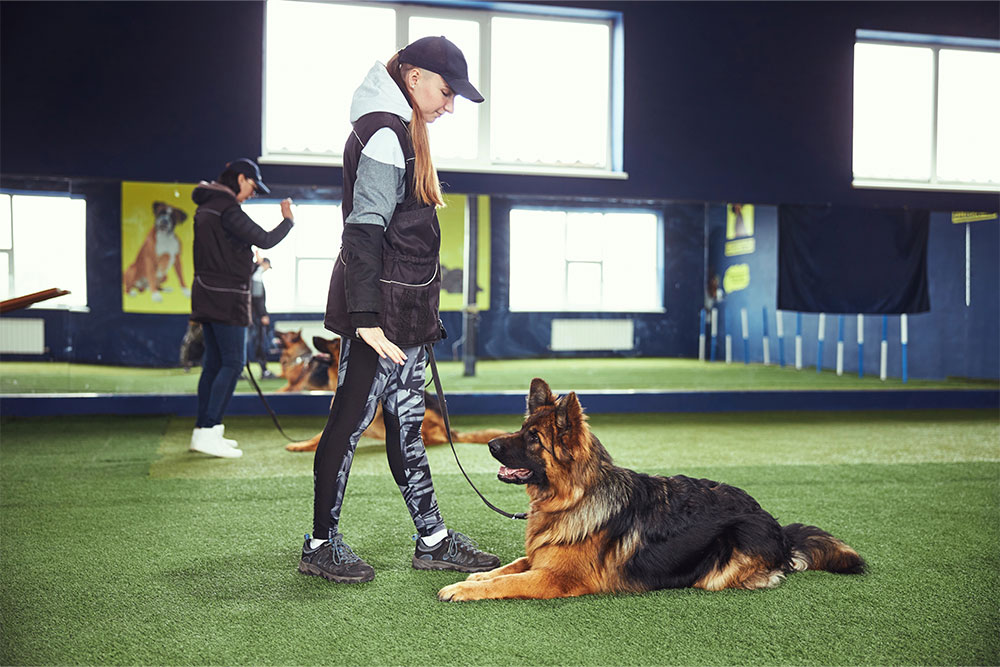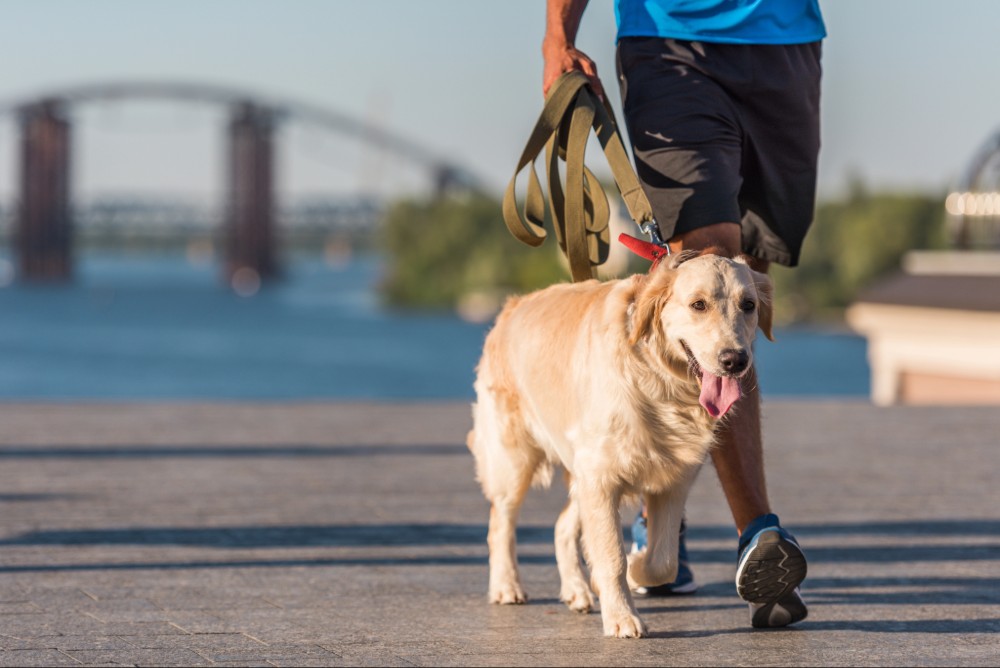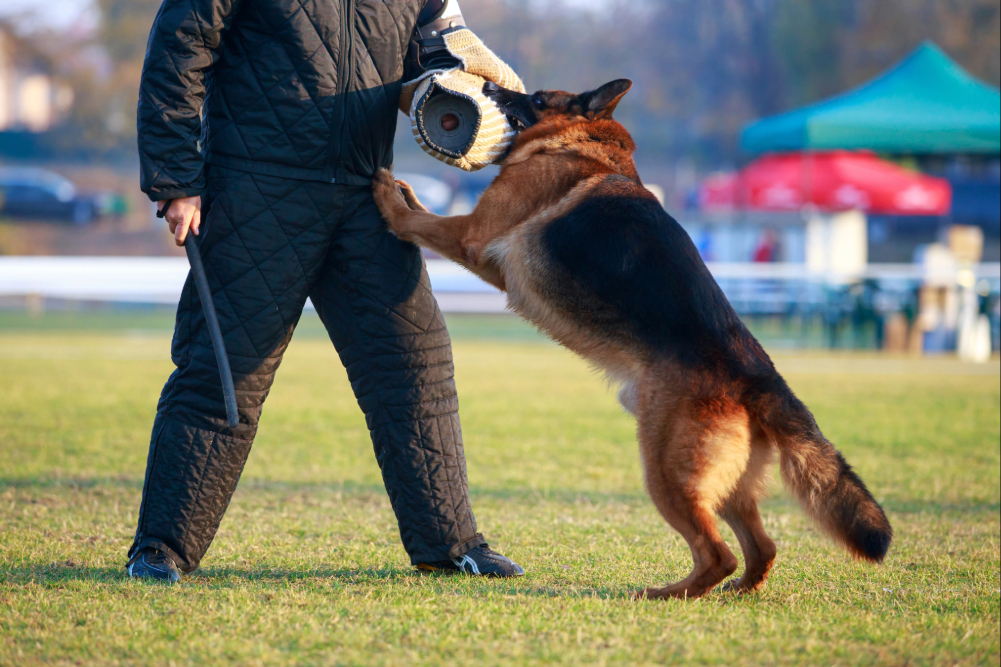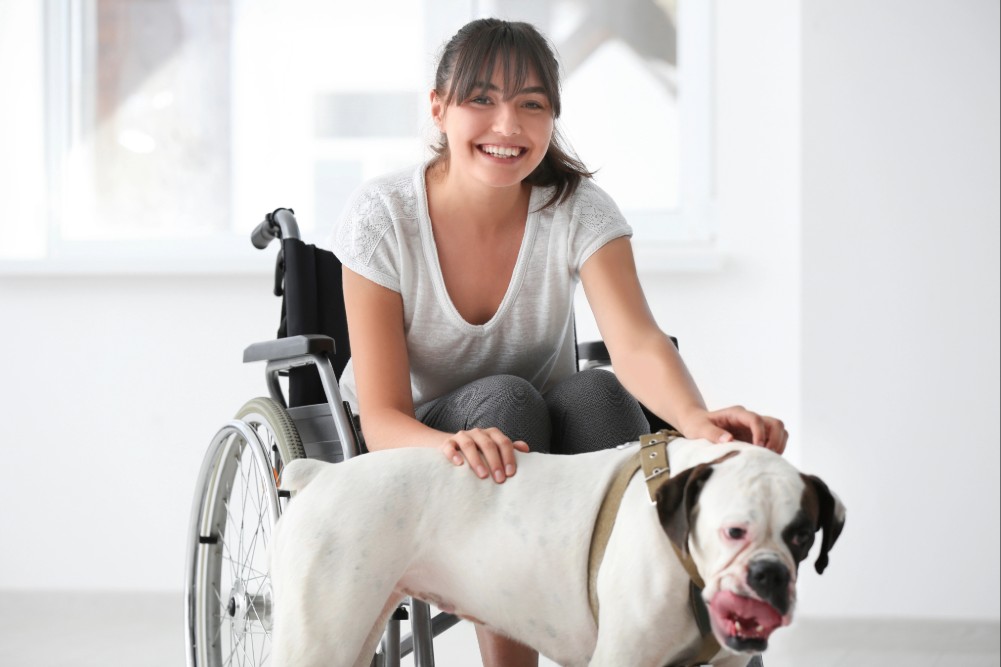
Well-trained service dogs aren’t just born that way; they first undergo meticulous training with dedication, structure, and expert guidance. Service dog board and train programs provide this kind of coaching, transforming raw potential into unwavering reliability.
Dogs become steady working partners through daily drills, exposure to real-world distractions, and specialized task training. Owners rely on this immersive training to develop dogs that can confidently handle the unpredictable challenges of everyday life.
Daily Routine and Training Structure
Trainers follow a structured routine to help dogs adapt to expectations. Dogs engage in obedience exercises, task training, and socialization in controlled settings. Mornings often begin with structured drills focusing on commands like 'sit,' 'stay,' 'heel,' and 'down.' Repetition solidifies these skills until they become second nature.
After morning drills, dogs engage in real-world practice. They visit public spaces, ride in vehicles, and experience daily distractions. These sessions expose them to sights and sounds they will encounter while working. Afternoons may include individualized training tailored to their owners' needs, such as retrieving objects or alerting them to medical conditions.
Trainers reinforce commands and correct behaviors throughout the day, strengthening the dogs' reliability with each repetition. Evening sessions are usually calmer, with trainers reinforcing skills learned earlier on. This type of structured environment helps dogs absorb lessons at a steady pace.
Building Confidence Through Socialization and Public Exposure
A well-trained service dog remains steady in any situation. A dog that startles easily or reacts unpredictably will likely struggle to perform necessary tasks. Training for this skill includes controlled exposure to crowds, loud noises, and unexpected events. Trainers guide dogs through busy streets, stores, and transportation hubs to build confidence.
Exposure to different flooring, elevators, and automatic doors teaches dogs how to respond appropriately to things they may encounter with their owners. They learn to stay calm, ignore distractions, and focus on their handlers. A successfully trained dog remains reliable and composed, regardless of its surroundings.
During these training sessions, dogs meet new people and other animals under supervision. Socialization helps prevent anxiety and creates a more comfortable environment for them to stay focused.
Task Training Customized for Your Dog’s Needs
Each dog learns specific tasks based on their handler’s requirements. Mobility assistance dogs may work on bracing, retrieving dropped objects, or helping with balance. Medical alert dogs undergo training to detect changes in scent, behavior, or heart rate, while psychiatric service dogs practice tasks like interrupting panic attacks or creating space in crowds.
Consistency builds reliability, and trainers repeat each task until dogs respond without hesitation. Positive behavior is reinforced, while mistakes are addressed immediately. This approach sharpens skills and deepens the bond between dog and handler.
Developing Obedience and Impulse Control
A well-trained service dog obeys commands without hesitation. Board and train programs emphasize obedience, focusing on off-leash training to ensure dogs respond reliably, even without a leash.
Impulse control is one of the most vital lessons a service dog must learn. A well-trained dog resists reacting to food, loud noises, or sudden movements. Training sessions emphasize maintaining focus despite outside temptations. Trainers use structured exercises to reinforce patience and self-control. A dog that ignores distractions can perform tasks confidently in any setting.
Training for Behavior Modification and Correcting Unwanted Behaviors
Some dogs enter board and train programs with preexisting behavioral issues. These problems are addressed before task training begins, with trainers assessing each dog to determine if they require special intervention. We aim to nurture a steady, responsive service dog capable of working reliably. Addressing problem behaviors early on prevents setbacks during task training.
Fear, reactivity, and excessive excitement can interfere with a dog’s ability to work effectively. Trainers will focus on reshaping these undesirable behaviors. For instance, dogs that struggle with anxiety may undergo gradual exposure exercises to build confidence, while those prone to excessive excitement learn impulse control techniques.
Handlers will also receive guidance on maintaining these behavioral improvements once their dogs are back home.
Building a Strong Bond Through Handler Involvement
Though training takes place away from home, building a strong bond between the dog and their handler remains a priority. Some programs schedule supervised visits for owners to practice working with their dogs. These sessions help both the handler and dog adjust to their partnership.
Trainers provide hands-on coaching to reinforce proper handling techniques. Clear communication and consistency ensure a smooth transition from trainer to handler.
After completing the program, handlers receive continued support to address any challenges that may arise. Follow-up lessons reinforce training, helping both dog and owner feel confident in their teamwork.
Making a Smooth Transition from Training to Home
After completing a board and train program, dogs return home with their handlers. Trainers guide owners in maintaining commands and reinforcing behaviors. Consistency remains key. Dogs adapt best when handlers follow the exact expectations set during training.
Owners receive hands-on instruction on working with their service dogs. This phase strengthens their partnership and reinforces skills learned in training. A smooth transition keeps the dog’s progress intact while settling into daily routines.
Controlled K9: Expert Training in Northern Virginia for Confident, Well-Behaved Dogs
At Controlled K9, we don’t believe in a one-size-fits-all approach. Every dog is unique, and their training should reflect that. We tailor each program to fit the specific needs of both the dog and their owner. Our in-person evaluations allow us to design custom training plans that deliver lasting results.
As a small business, we take pride in providing each dog with individual attention. Our background in high-level protection dog sports allows us to handle even the most challenging aggression, anxiety, or obedience issues.
We also provide unlimited aftercare support. Unlike other training companies, private follow-up lessons are available at no extra cost. We are always there to help, making sure your dog's progress continues long after training ends.
Contact us today to experience expert training tailored to your dog’s unique personality and your specific goals. Our programs provide a structured environment, consistent training, and hands-on support for lasting success.




Comments